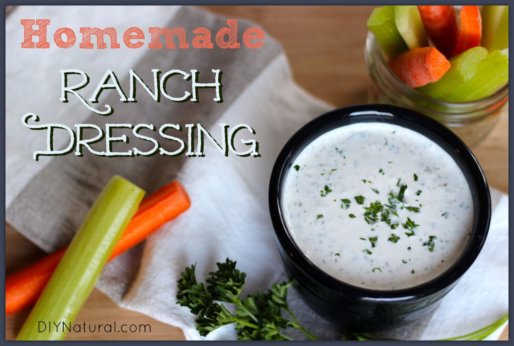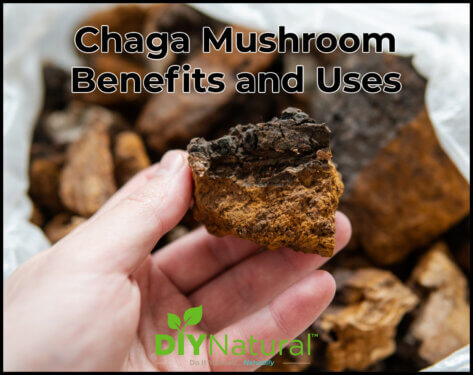
UPDATE: For specific recipes, please see this article: Herbal and Fruit Liqueur Recipes to Make at Home.
It’s summer, and the back deck beckons. At this time of year, there is nothing better at the end of a long, hot day than the chance to sit down with a friend, watch the sunset and share a cocktail.
Living on an herb farm, I never miss an opportunity to add a bit of “good health” to anything we’re drinking. Over the years, I’ve come up with a number of cocktails that feature an herb or two as it is ready. Mint and lemon balm get used quite often, as do our rose petals. I’ve made herbal simple syrups, done long infusions for flavored liquors, muddled drinks with fresh mint, and added leaves or berries to the blender.
This year I started to think… if I want to add a bit of good to my cocktail, is it really necessary to complicate it with something fresh? Don’t get me wrong, I’ll probably do it anyway. But what if someone wanted to sip a simple liqueur without all the fanfare?
Even if you sit down to enjoy a particularly hoppy beer, you are partaking in a history of the herb-based tonic. The truth is that many of our cocktails have their origins in herbs whether or not we add more to the final product. We were never intended to overindulge in these concoctions. They were supposed to be sipped, shared with friends, and used sparingly. Enjoyed in this way, on a summer evening, there are a number of liqueurs that can be used to toast your health and that of your friends.
Here is my list of some of the best known liqueurs including benedictine liqueur, anise liqueur, and more. Enjoy (responsibly) to your health!
Health Benefits of Herbal Liqueurs
Gin Liqueur
The main ingredient in gin is juniper berries (Juniperus communis). It is particularly good at settling the stomach and makes a good before or after dinner tonic.
Benedictine Liqueur along with Galliano, Strega and Drambuie
These liqueurs all have angelica (Angelica archangelica) to thank for their flavor. Angelica is another digestive tonic, but it is especially good to sip on a winter’s night when you have a cold.
Anise Liqueur (aka Anisette)
As you may guess, anisette owes it’s taste to the digestive balancer, anise (Pimpinella annisum).
Sambuca Liqueur
The well-known elder flower (Sambucus nigra) lends this Italian liqueur both a subtle flavor and a healthful immune supportive benefit.
Absinthe Liqueur
Wormwood was the main ingredient in liqueur that is now only of historical significance. Unfortunately, it is now banned due to a controversy over possible hallucinogenic side effects.
Kummel, Aquavit, Danzig, Danzigwasser and Goldwasser Liqueurs
The simple caraway seed (Carum carvi) lends its flavor to all of these traditional beverages. Just like Anisette, these can all be used as part of a particularly heavy meal. To sip a digestive liqueur like this is to aid digestion, alleviate discomfort, and add to the enjoyment of a social gathering.
Additional Notes and Warnings
The conversation about alcohol and health becomes a very complicated one. For some, there is no situation in which it is a healthy choice. Alcoholics and those with acute adrenal stress must avoid alcohol even if it appears to be good for others. For the average person, consuming small amounts of these herbal liqueurs can have great benefit. It can be quite fun to explore these drinks from a health perspective.
UPDATE: For specific recipes, please see this article: Herbal and Fruit Liqueur Recipes to Make at Home.
Do you know of a traditional liqueur that is herbally based?
*******




I love herbal liqueur, I would love to make some myself. Thank you for sharing the details!